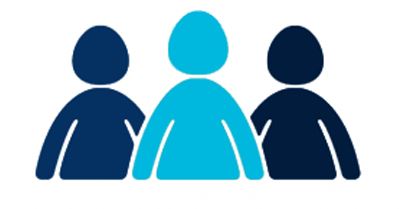History
Skills developed through the course:
- Analysing sources for meaning and argument
- Learning to balance different historical interpretations
- Developing coherent arguments in writing and discussion
- Engaging in debate where opinion has to be backed up with evidence
Possible Career Paths:
- Journalism
- Civil Service
- Uniformed Services
- Politics
- Law
- Media
- History
- PR
- Restoration
- Travel
- Education
Course Content
Component 1: Tsarist and Communist Russia. 1855 – 1964 (assessed through an examination – 40%)
By the mid 19th century the Russian Empire was huge and powerful but increasingly isolated and out of step with the rest of Europe. Over the next 100 years Russia would experience attempts to modernise, violent Revolutionary change, Totalitarianism, Nazi Invasion and ultimately achieve Superpower status. This side of the course gives a broad overview of over 100 years of Russian History and will also help students to understand modern Russia.
Component 2: The Making of Modern Britain. 1951 – 2007 (assessed through an examination – 40%)
Britain is a country that has experienced great social, political and economic change but, unlike Russia, maybe this hasn't been so dramatic; instead, it’s been a gradual process. This side of the course gives students the opportunity to explore the impact of WWII, the end of Colonialism and ultimately the way in which we as a society view the world and are also viewed by the world.
Component 3: The Tudors 1485-1603 (assessed through one coursework essay – 20%)
The Tudors are often the first glimpse a student has into the wonders of history; from primary school you hear about the many wives of Henry VIII and the defeat of the Spanish Armada by Elizabeth I. It truly was a tumultuous time for those living in the era of the ’greatest’ dynasty to transcend time periods– a touch of the medieval mixed with the Renaissance! Students will answer a question of their own choosing to explore the world according to the Tudors, as they consider the importance of power, religion, foreign relations and gender.






